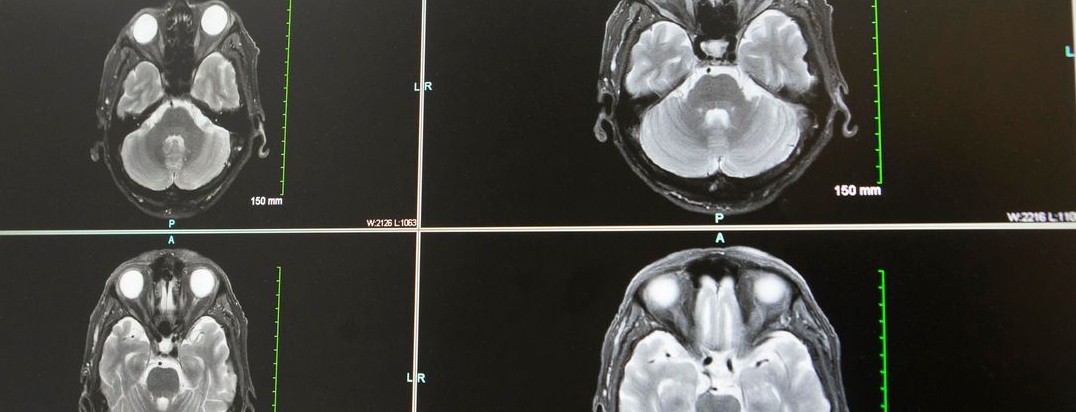
Understanding the connection of heart health and strokes
UC expert featured in Fox 19 segment
The University of Cincinnati's Paul Wechsler joined Fox 19 to discuss the connection between heart health and brain health.
"The heart and brain really are connected very closely, and the key thing to know is that when the heart isn’t healthy, sometimes the brain isn't healthy," said Wechsler, MD, vascular neurology fellow at the UC College of Medicine and a UC Gardner Neuroscience Institute physician. "So it’s really important that if you keep your heart healthy you can also keep your brain healthy as well."
For example, Wechsler said if the heart isn't pumping enough blood, blood clots can form in the heart that then move up to the brain and cause a stroke. He recommended exercising at least 2-3 hours per week and focusing on healthy foods including fruits and vegetables in your diet.
"Particularly if you do these things over a long period of time, you can really reduce your risk of having a heart attack and stroke significantly."
Featured photo at top of brain scans. Photo courtesy of Joseph Broderick.
Remember how to identify a stroke
Because of the quick onset of stroke, it is important to know the FAST mnemonic device that details the most common signs of stroke and how to respond:
- F: Facial drooping
- A: Arm or leg drop, or weakness in the arm or leg
- S: Speech issues, such as slurred speech or an inability to get your words out
- T: Time is of the essence; call 911 immediately
Related Stories
CureToday: UC enrolling patients for glioblastoma trial
March 29, 2022
CureToday highlighted the University of Cincinnati's new glioblastoma immunotherapy trial in a recent article.
55KRC: UC researchers examine role of stress in Parkinson's disease
March 8, 2022
University of Cincinnati researchers Kim Seroogy, Teresa Reyes and James Herman were featured on 55KRC's Simply Medicine program to discuss their research into the role of stress in Parkinson's disease.
Five to Thrive Live features UC's Sengupta
October 14, 2022
The University of Cincinnati's Soma Sengupta, MD, PhD, joined the Five to Thrive Live podcast to discuss "Humanizing Brain Tumors."
